Copyright from a journalist’s perspective: Neil Mason

The Copyright Licensing Agency has launched an interactive online guide to help college staff understand copyright. In the third article of this series, music journalist Neil Mason explores the changes he’s witnessed in his creative industry, and how authors’ are being protected and remunerated by copyright.
This CLA series supports the launch of the Copyright Essentials training guide, which you can access here. Neil Mason is a music journalist of 25+ years. Here we find out about the changes he’s witnessed in this creative industry, and how authors’ rights are being protected by copyright.
How did you arrive at writing and what does it mean for you in a creative sense?
I had no plans to be a writer, it all happened completely by accident. I have a degree in Fine Art and graduated into a recession, which meant sustaining myself as a visual artist was pretty tough. While I was still at art school I met a music journalist called Push through some friends. He worked for the famous music weekly Melody Maker, which as far as jobs go – to a music fan at least – seemed like playing for Man Utd. It never occurred to me that I could be a music journalist.
Anyway, Push left Melody Maker in the mid-90s to set up the dance music mag, Muzik. I’d talk to him fairly regularly and one day he said he couldn’t find a decent sub editor. I was looking for some work and said, “Oh, I can do that”. He sounded surprised. I was quite surprised as I didn’t know what a sub editor was. I started the following week.
I soon started writing bits and bobs for Muzik, book and films reviews, that sort of thing, which attracted the attention of Melody Maker who had me doing interviews with film directors, people like Luc Besson, John Woo and Nicolas Winding Refn. One thing led to another and when their album reviews editor left I was offered the job and away I went.
Writing is a huge part of my life. There’s rarely a day goes by when I don’t write something. It never ceases to amaze me that I have this skill for which I need nothing more than a pencil and a piece of paper. No other equipment is required for me to create. There’s something quite magical about that.
How does it feel to have your work published?
Oh, it’s such a thrill. Still. The feeling never diminishes no matter how many times I see my name in print. I’ve been a music journalist for 28 years, I must’ve had thousands of bylines, but seeing my name in print always makes me smile. While I have worked online, print is where it’s at for me. Seeing your work on the page gives it a weight and a permanence that online just doesn’t seem to have. There’s something about having your name printed on paper that really resonates.
Can you remember getting your first royalty payments – what did that mean to you?
It wasn’t all that long ago to be honest. I started out as a journalist in 1995 and the world is a very different place now. I work in a profession that’s been decimated by the internet. For many people journalism is now a hobby, which is pretty depressing. The standard rate of pay today is actually less than when I started out nearly 30 years ago. There can’t be many professions where the more experienced you are the less you get paid, but there you have it.
I only discovered CLA’s parent company, the Authors’ Licensing and Collecting Society, a few years ago. It just seemed too good be true. My first royalty cheque was substantial enough to pay my tax bill with a fair bit left over. Every year when that royalty payment comes round it’s always a lifesaver in some shape or other.
How/does copyright help sustain you as a writer in terms of producing more works?
The older I get the more maverick I seem to become. I’m very picky about who I write for these days and I’m increasingly interested in the idea of creating a sustainable business around myself. Just me and my work, done my way. The first fruit is Moonbuilding, an A5 48-page fanzine about DIY electronic music and I’m currently looking at ways of reproducing my old work as some sort of collection, probably a book. Knowing that I have ownership over my work is really important, doubly so when an organisation like CLA is collecting money on behalf of copyright holders. If I could offer some advice to new writers I’d say you need to ask about rights when you’re being commissioned. Owning copyright to my work is very important. I want to freedom to be able to do what I like with it and I can’t very well do that if I don’t own it.
Are you a member of ALCS (CLA’s parent company)?
Ha, I’m ahead of you here! Yes, like I mentioned earlier I’m very much a member. It never ceases to amaze me that there are published writers who aren’t signed up. They say there’s no such thing as free money, but for doing nothing other than signing up for an account and logging your published work each year, the ALCS payment is exactly that. Why wouldn’t you be a member?
How would you sum up CLA’s work for educators who might not have heard of us before?
CLA collects the licence fees and data that is passed to ALCS for royalty payments. I don’t think there’s an organisation that is as universally loved by writers as ALCS. It must be great working for them – every time there’s a royalty pay-out you just get love bombed by grateful writers. For anyone heading into the world of published writing joining is a no brainer. There is a lifetime membership fee, but that comes out of your first royalty payment. It’s a total win-win.
By Neil Mason, freelance writer and the editor of DIY electronic music fanzine, Moonbuilding

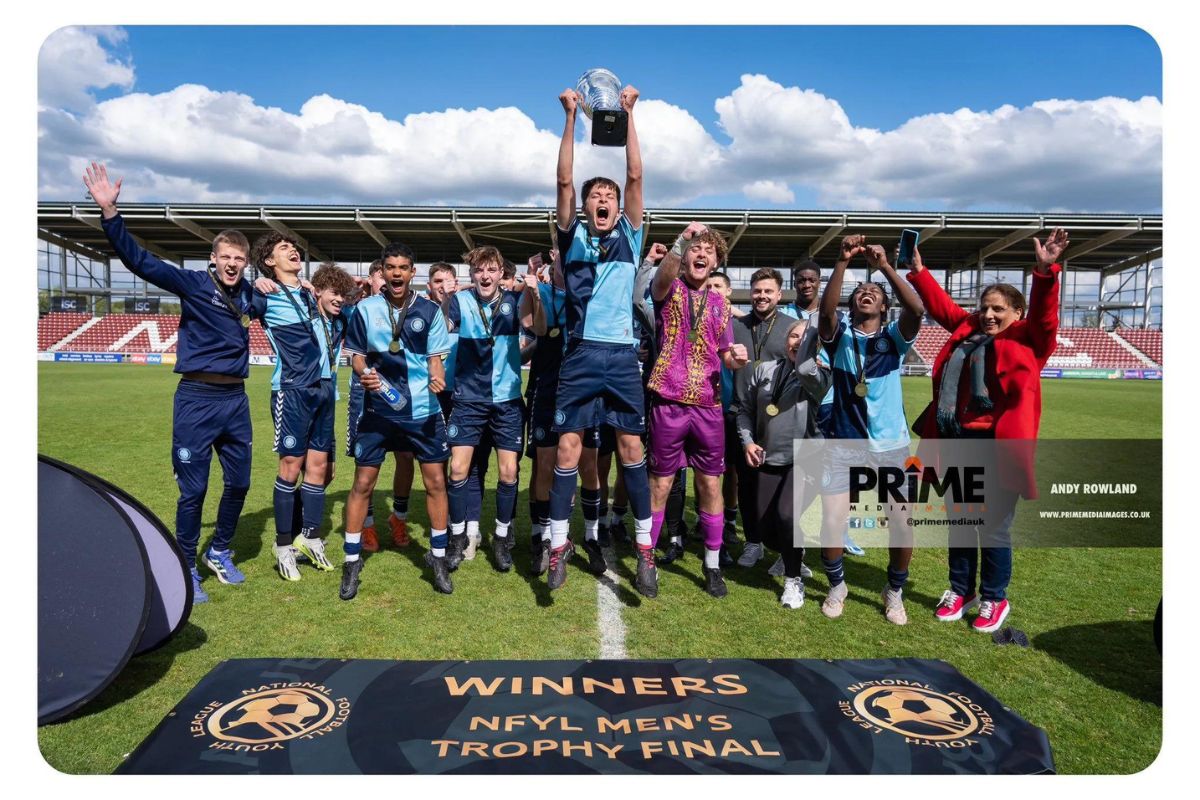
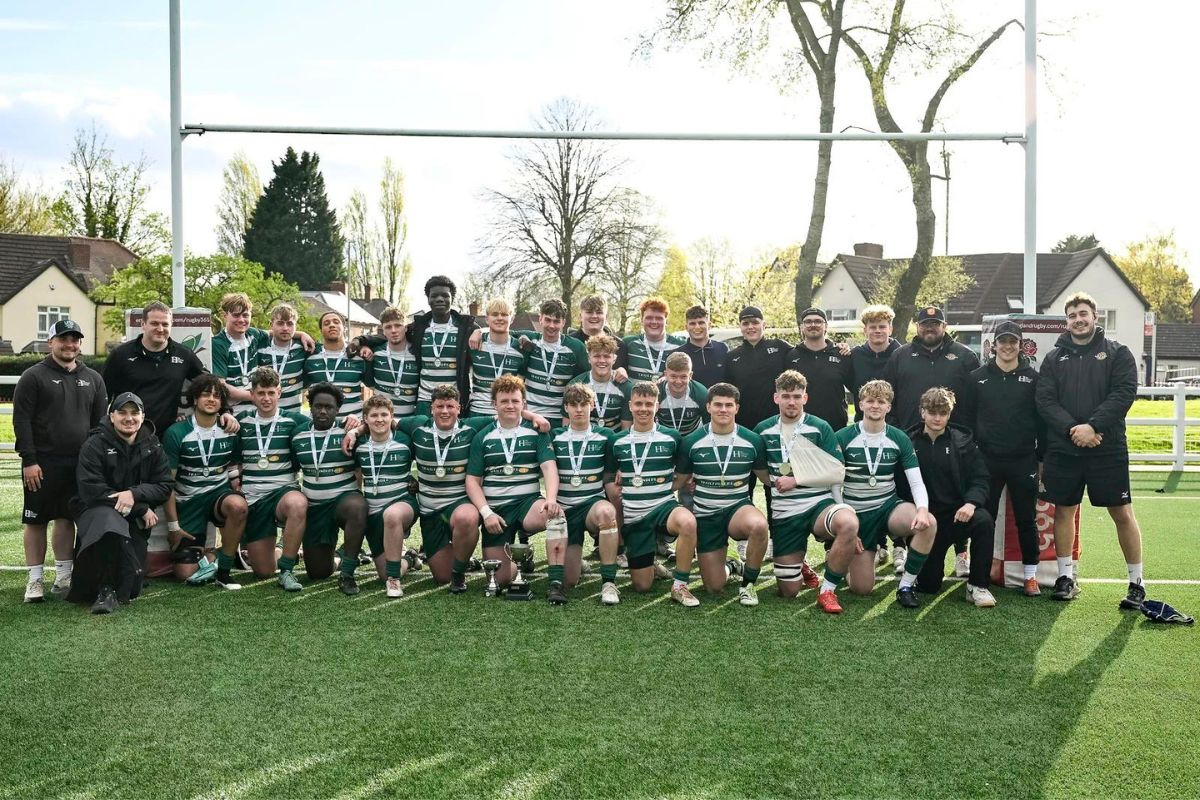
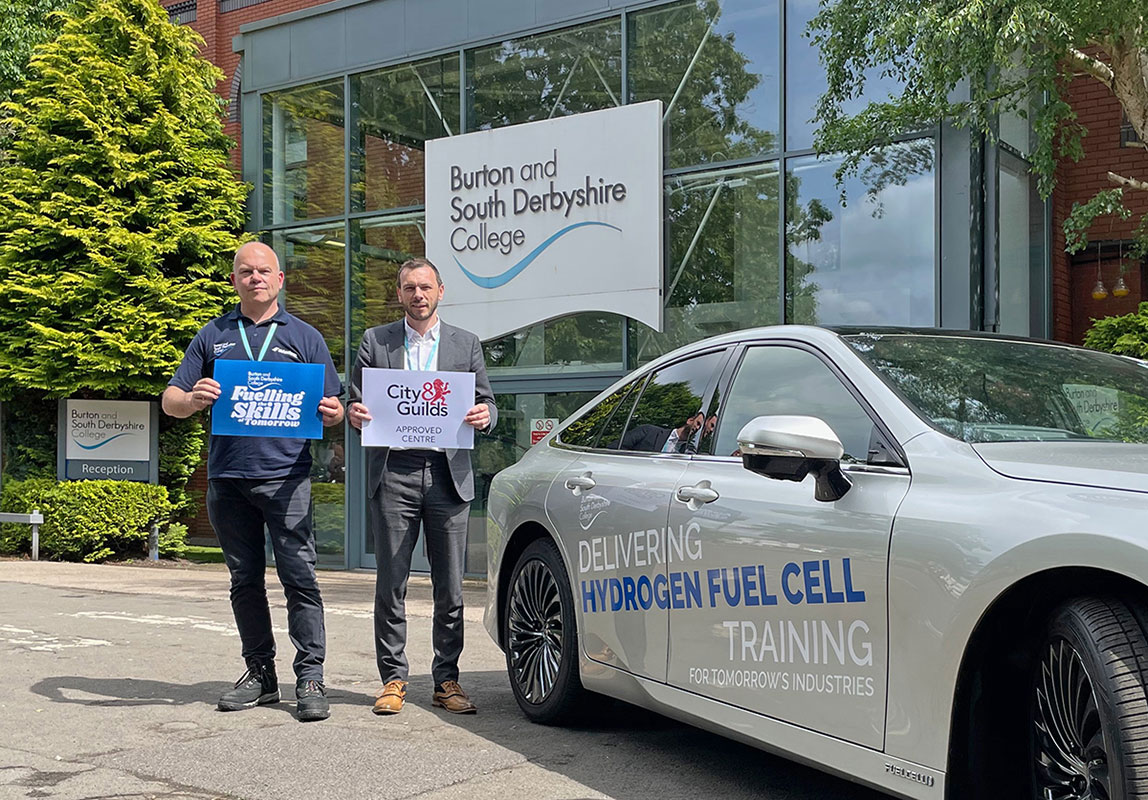
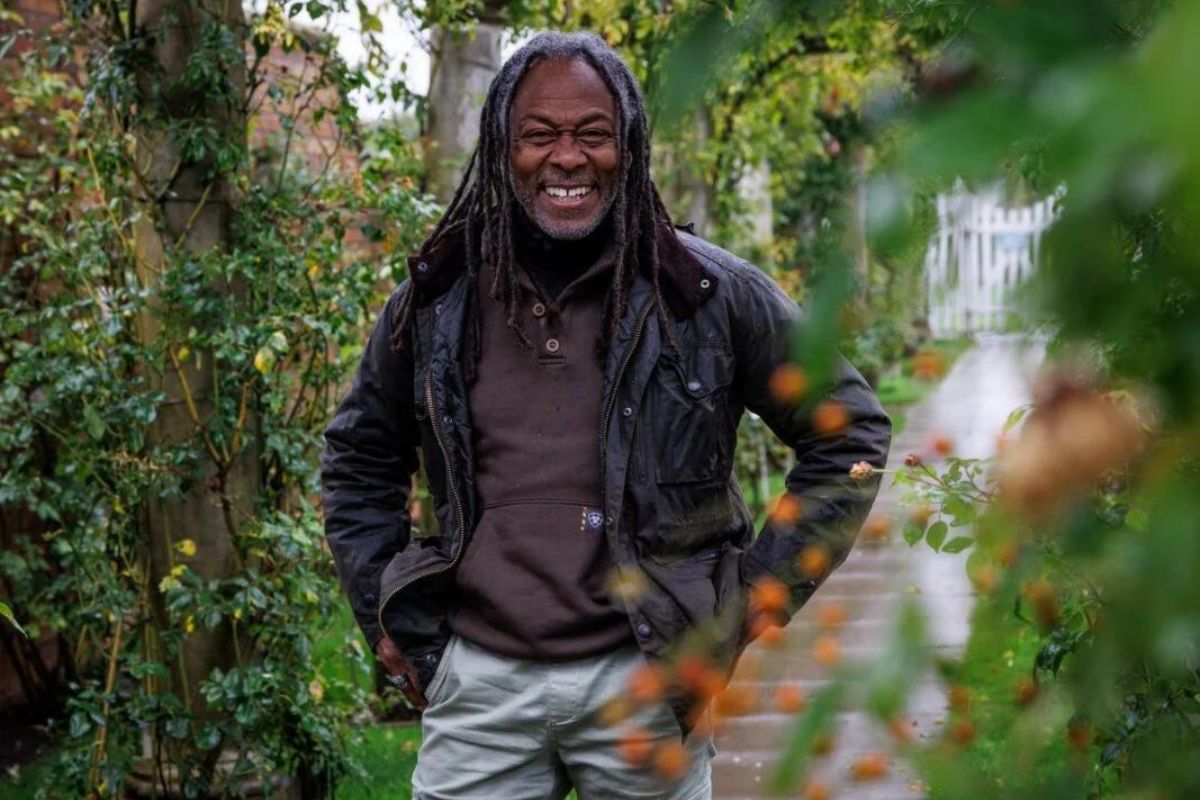

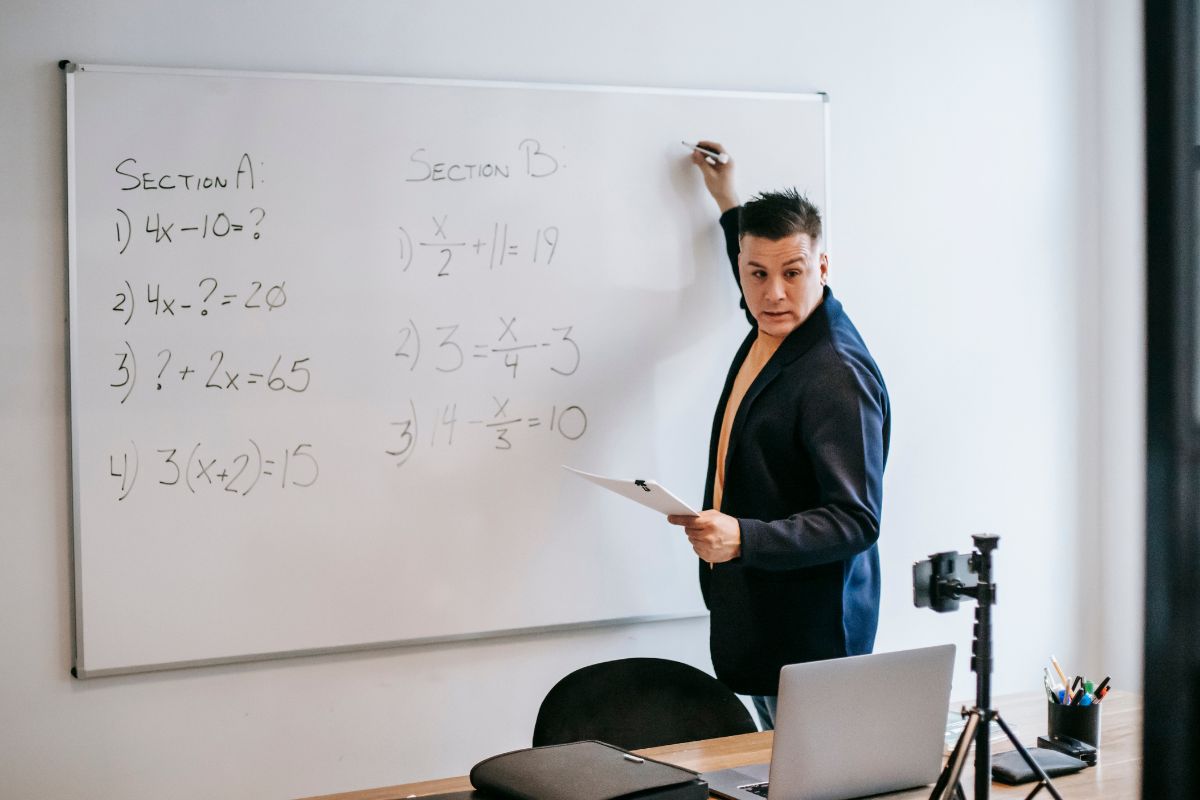
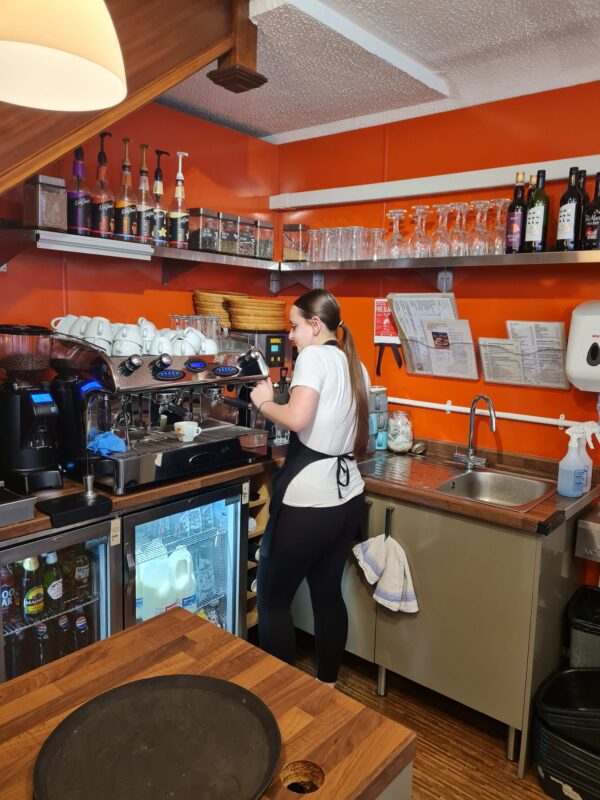
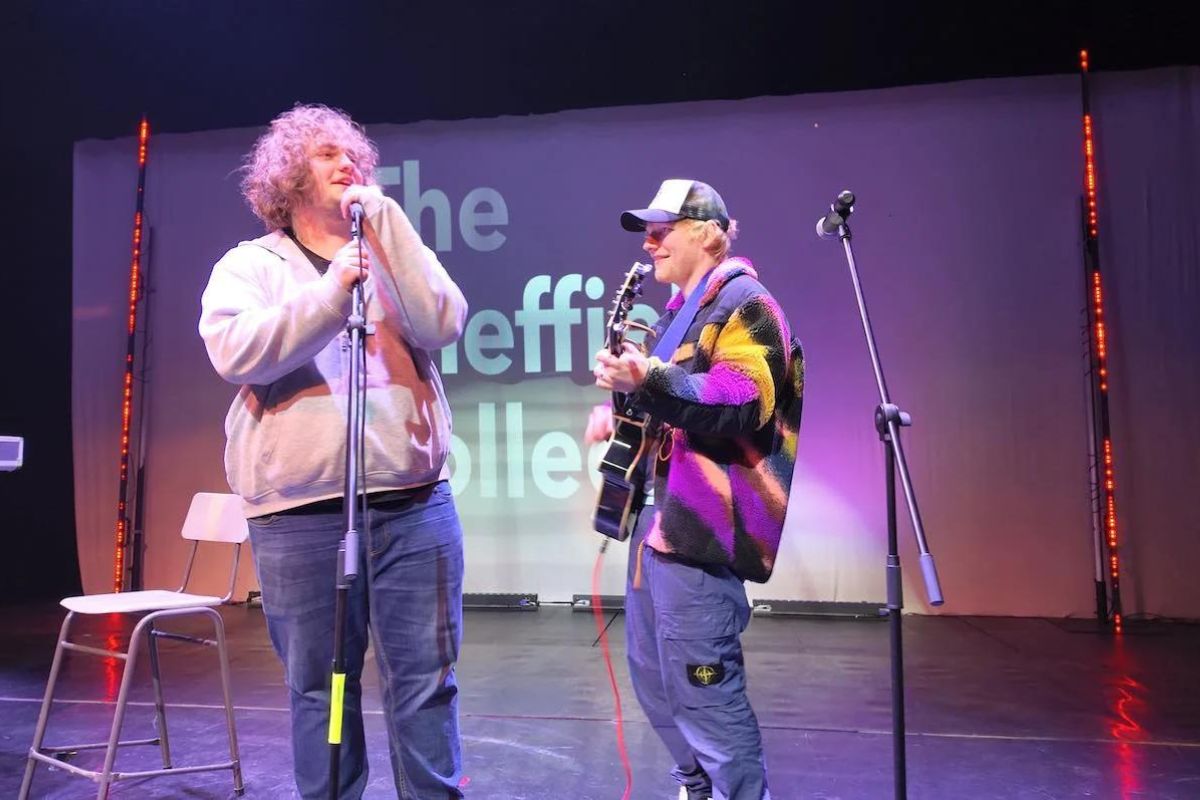
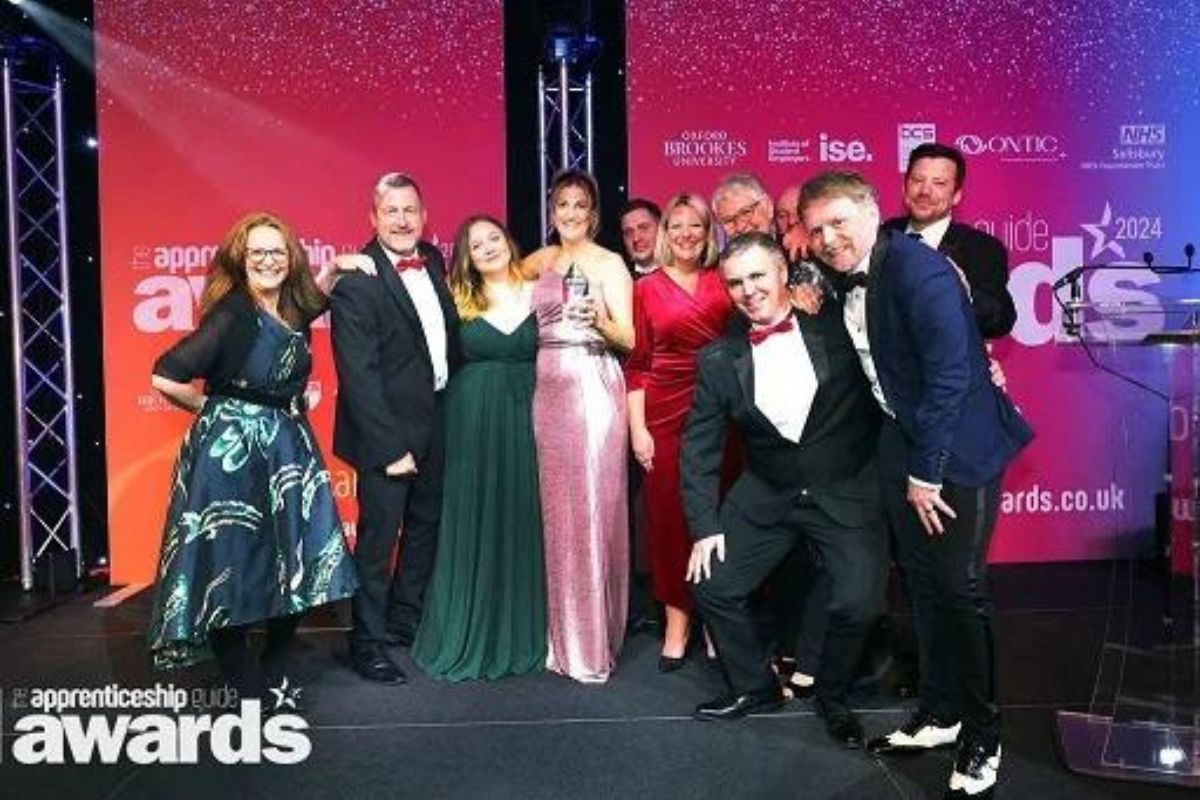
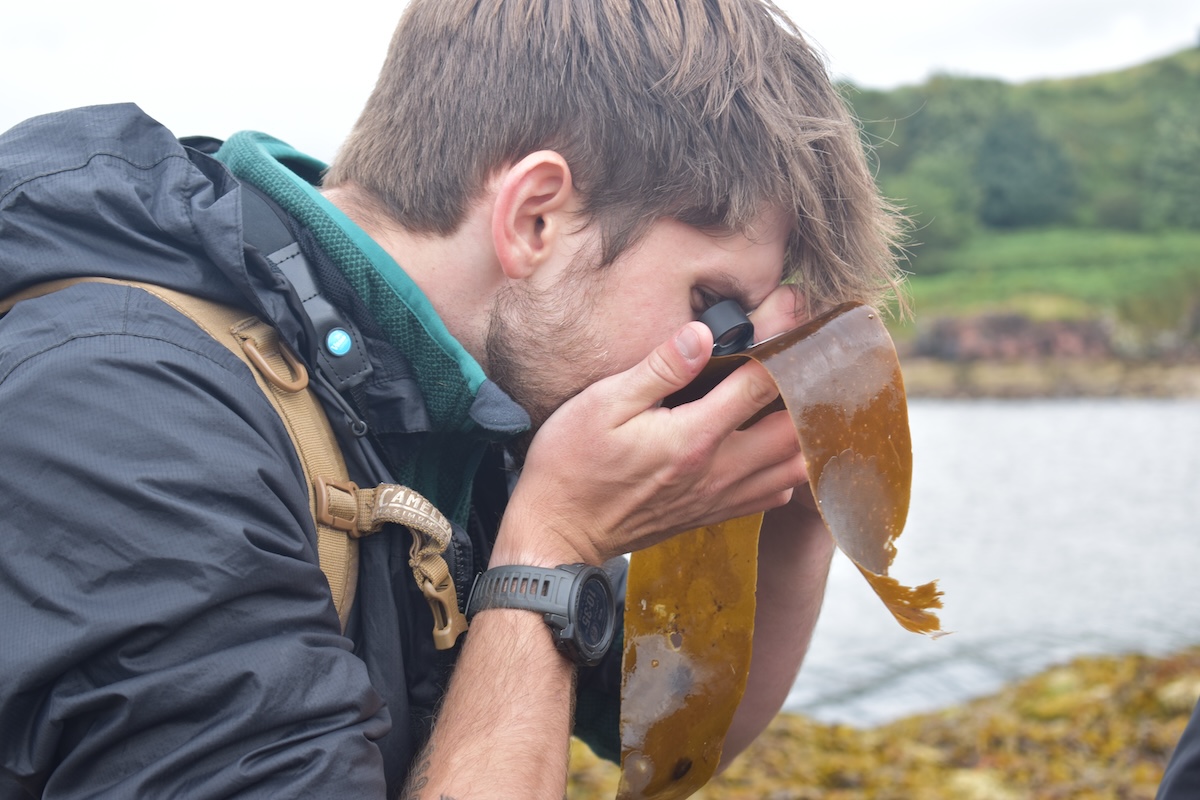
Responses